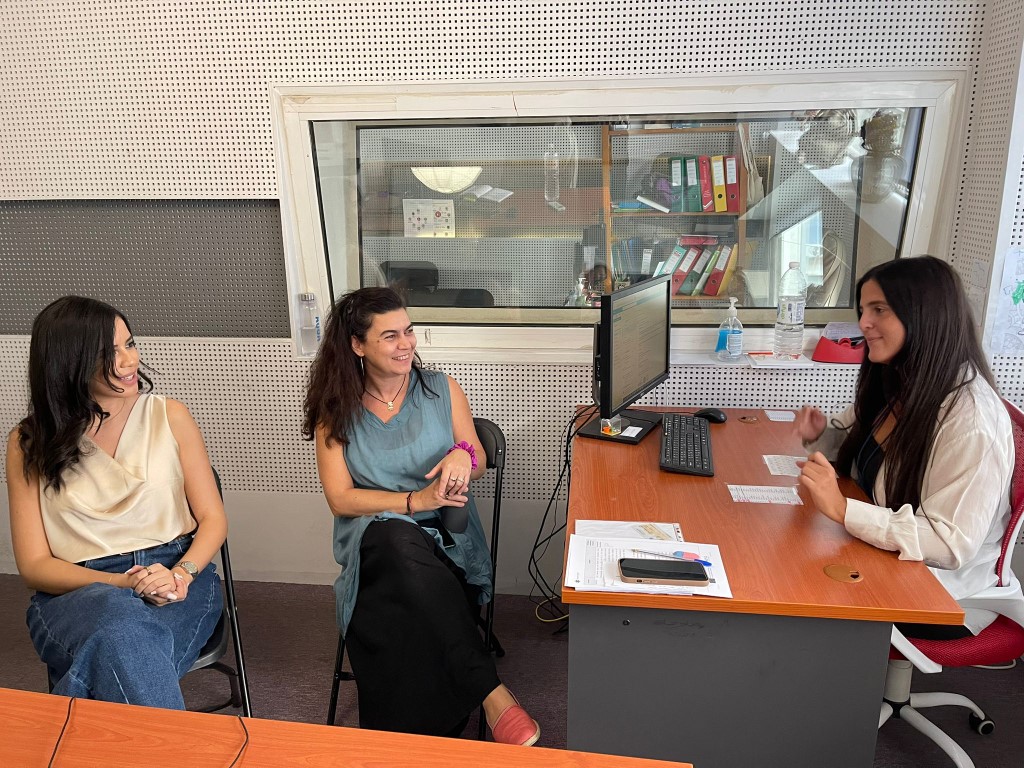For the third consecutive year, the Kinoniko EKAV collaborated with the Educational & Social Actions of the National Opera House, through the Co OPERAtive* program.
Refugee teenagers residing in the Kinoniko EKAV’s Accommodation Centres took part in the six-month workshops together with a group of Athenian teenagers, resulting in a cross-cultural musical theatre performance entitled "SUPER" on Friday, May 31st!
1. Was taking on the integration of refugees, including children, your personal choice or are you on a mandated mission?
My personal choice is social solidarity. For the portfolio the choice is the prime minister's.
2. What is your personal stake in the political position of responsibility that you have assumed?
The link between staying in the country and education and work.
On Friday, March 21, the Social EMS held the presentation of the book "Children's paths in times of war" at Impact Hub, in the center of Athens.
This book, consisting of personal stories of underage refugees, became the basis for a broad discussion regarding hospitality, rights, integration, and the causes of the uprooting of millions of people of all ages, who will always dream that one day they will return home.
Childrens'S Paths in times of war – Book Presentation
Kinoniko EKAV invites you to the
presentation of the book "Children's journeys in wartime",
Thursday 21 March, 18:30, at Impact Hub
(28 Karaiskaki 28, 300m from the metro station "Monastiraki").
More than two thousand refugee children are currently in our country. These "unaccompanied minors", as we call them somewhat coldly in administrative documents, have lost everything. Not only their home, their village or their town, like any other refugee, but also the embrace of their mother, the affection of their father, and even the simple presence of a relative.









